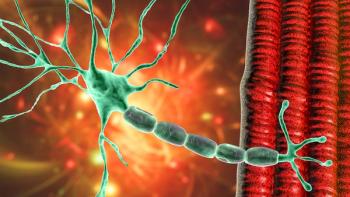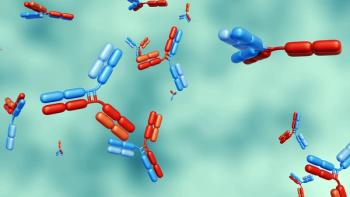
EC Launches Structured Dialogue to Address Medicines Supply Vulnerabilities
The EC has launched a structured dialogue aimed at gaining a better understanding of global medicines supply chains and to identify potential causes and drivers of vulnerabilities.
The European Commission (EC) has launched a structured dialogue aimed at gaining a better understanding of global medicines supply chains and to identify potential causes and drivers of vulnerabilities.
Bringing together actors of the pharmaceuticals manufacturing chain, public authorities, research communities, health professionals, and patient organizations, the dialogue is one of the flagship initiatives of the EC’s Pharmaceutical Strategy, which was adopted in November 2020. A particular focus of the dialogue will be the development of production capacity for critical APIs, raw materials, and medicines in the European Union to ensure better preparedness for future pandemics, and will serve to put forward a set of policy recommendations to address the identified vulnerabilities by the end of 2021.
The launch event was opened by Margaritis Schinas, EC vice-president, with Stella Kyriakides, EC commissioner for Health and Food Safety, and Thierry Breton, EC commissioner, Internal Market, acting as moderators of the roundtable discussion with stakeholders. The Portuguese Presidency was represented by Marta Temido, the country’s minister for Health, and the European Parliament was represented by Dolors Montserrat and Nathalie Colin-Oesterlé—both ministers of the European Parliament.
Source:
Newsletter
Stay at the forefront of biopharmaceutical innovation—subscribe to BioPharm International for expert insights on drug development, manufacturing, compliance, and more.




